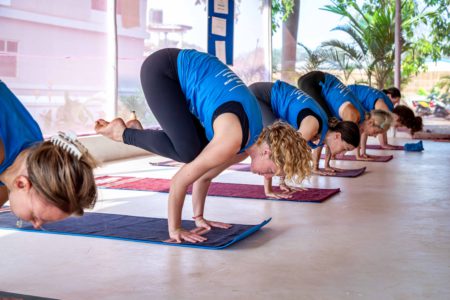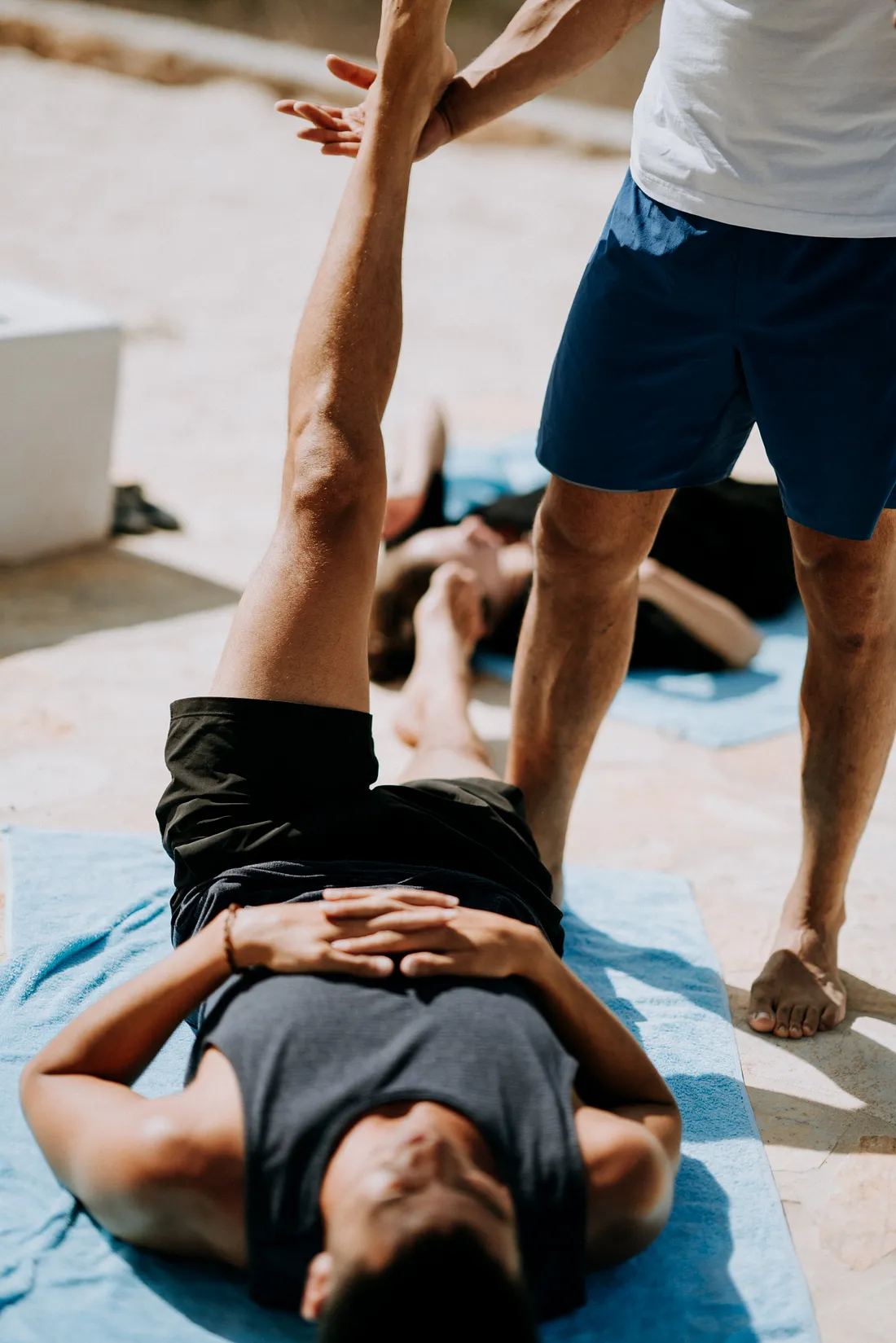
Ultimately, You Can Only Instruct on What You’ve Mastered: The Significance of Education and Experience in Yoga Teaching
“You can only instruct on what you’ve mastered.” This statement carries profound significance — particularly in the realm of yoga’s art and science. Whether you’re embarking on your first Root Chakra alignment or mastering an intricate inversion, the individual leading you through this process is vital to your experience. Their expertise, training, and personal practice influence not just the sequence of postures but the entire energy of your yoga experience.
Yoga for Every Individual and Every Aspiration
Yoga stands out as one of the most adaptable practices accessible today. Whether your aim is to increase strength, enhance flexibility, recuperate from an injury, alleviate anxiety, or explore spiritual self-awareness, yoga provides a route. However, that journey is frequently shaped by the person guiding you — your yoga instructor.
A teacher’s capacity to direct, educate, support, and transform your practice is largely determined by their own studies and experiences. For in the field of yoga — much like life — authentic instruction is rooted in real experience.
The Significance of Your Yoga Teacher’s Educational Background
Today’s yoga landscape is varied and wide-ranging. From traditional Hatha yoga to modern variations like Vinyasa Flow, Acro Yoga, Yoga Nidra, and Yogalates, contemporary yoga is richly textured and sometimes overwhelming. A teacher may have expertise in a single lineage or might blend multiple movement practices such as Tai Chi, modern dance, Pilates, or martial arts into their teaching.
Each yoga style necessitates a distinct teaching methodology. Training programs that integrate anatomical knowledge with movement principles, breathwork (pranayama), and philosophical concepts better prepare a teacher to meet the varying needs of students. In contrast, instructors proficient in a single style may provide deeper insights into that specific tradition but may lack versatility beyond it.
Beyond Asana: The Comprehensive Education of a Yoga Instructor
Many accomplished yoga teachers enhance their mat learning with knowledge in related areas — such as nutrition, physiology, meditation, trauma-informed practices, and Ayurveda, the traditional Indian medical system. These supplementary fields enrich a teacher’s capacity to encourage holistic development in their students.
A yoga class conducted by an instructor well-versed in musculoskeletal anatomy or conscious breathing can address injuries or mental health issues more effectively. Furthermore, teachers who pursue ongoing education through workshops, studying yogic texts like the Yoga Sutras or Bhagavad Gita, and participating in retreats continually expand their understanding and teachings.
Teachers Remain Students: The Value of Personal Practice
A clear sign of a grounded yoga instructor is the depth of their personal practice. Teachers who are dedicated to their own self-exploration — who frequently revisit the mat to enhance their movement, meditate, journal, or study — bring authenticity and motivation to the classroom.
An instructor’s journey, whether influenced by personal injuries, spiritual exploration, or extended dedication to asana practice, shapes their teaching style in distinctive ways. These lived experiences enable them to empathize, adapt, and innovate — traits that can’t be instilled through a weekend course.
What Insights Can You Gain from Your Teacher’s Journey?
The essential message for students is this: maintain curiosity. Inquire about your teacher’s training, lineage, and learning journey. Who mentored your teacher? What type of continuing education do they engage in? Do they resonate with your aspirations, whether they’re physical, emotional, or spiritual? Understanding these aspects can deepen your trust and involvement in the practice.
Just as yoga promotes reflection and questioning, being thoughtful about who guides you is equally crucial. Your teacher’s influences will inevitably impact you — so choose wisely.
The Conclusion: A Path of Mutual Growth
Ultimately, an exceptional yoga teacher is both a proficient guide and a lifelong learner. Their knowledge should develop with every class, retreat, and lesson — just as yours should evolve with each breath. In yoga, as throughout life, you can only instruct on what you’ve mastered. And the finest instructors are those who embody their teachings — both on and off the mat.
Namaste.
